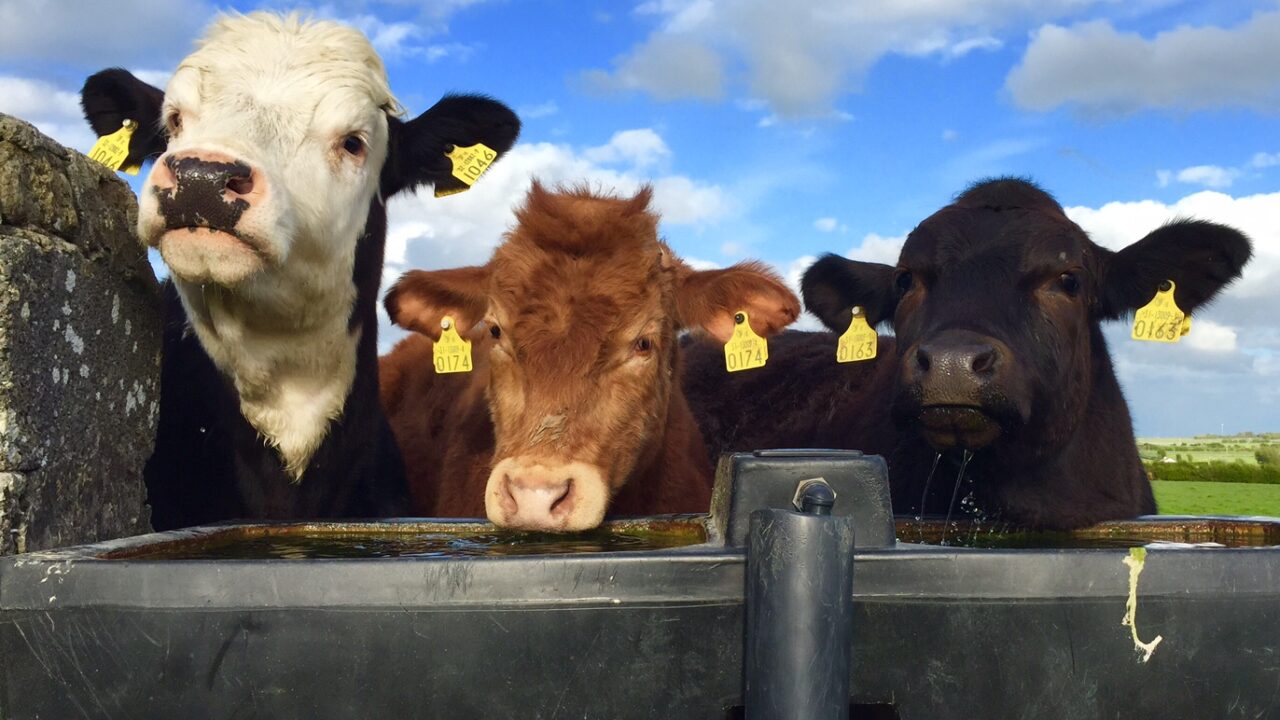New BSE status controls will be included on the North’s departmental animal database ‘APHIS’ to identify Negligible Risk (NR) and Controlled Risk (CR) animals on Monday.
Earlier in the year, Northern Ireland was awarded the highest Bovine Spongiform Encephalopathy (BSE) status, Negligible Risk (NR).
However, cattle which have travel to shows overseas will lose the new status, and will be given CR status instead.
Strict controls
This was a recognition of the efforts by the agri-food industry and DAERA in controlling Bovine Spongiform Encephalopathy (BSE).
The UK government has had in place a range of livestock, food and feed controls since the late 1980s to control BSE. It also made BSE a notifiable disease in 1988.
As a result, the region has not had any cases of the disease since 2012.
BSE is one of a group of diseases of the brain which can be fatal to consumers who eat the meat of infected animals.
The statuses
Negligible Risk status is awarded to those countries or regions which satisfy the World Organisation for Animal Health requirements in relation to BSE controls and instances.
NR status allows a reduction in the risk materials which must be disposed of.
The skull excluding the mandible, and including the brain and eyes and the spinal cord of animals over 12 months must be disposed of.
Whereas, cattle which are CR status have an increased list of materials which must be disposed of – including parts of the intestines.
Overseas visits
NR status will apply to cattle born and exclusively reared in Northern Ireland.
All animals imported into Northern Ireland or which have left Northern Ireland and returned later will be given CR status which will appear on herd lists, at markets and abattoirs.
The CR status will also apply to animals which have left Northern Ireland to attend shows in Great Britain or the Republic of Ireland.
As part of the new controls, a CR status will be applied to animals which do not satisfy this condition on APHIS from November 19.
However, where these animals have returned to Northern Ireland within 24 hours, or if longer and assurances are received that the animal did not receive feedstuff from that country, their local Divisional Veterinary Office can remove the CR status.
In the case of cattle imported from Scotland, which also has NR status, a CR status will be applied to individual animals.
However, if the identity or status of the animal is certified on a veterinary certificate as NR, then the CR status will be removed by the local DVO.

